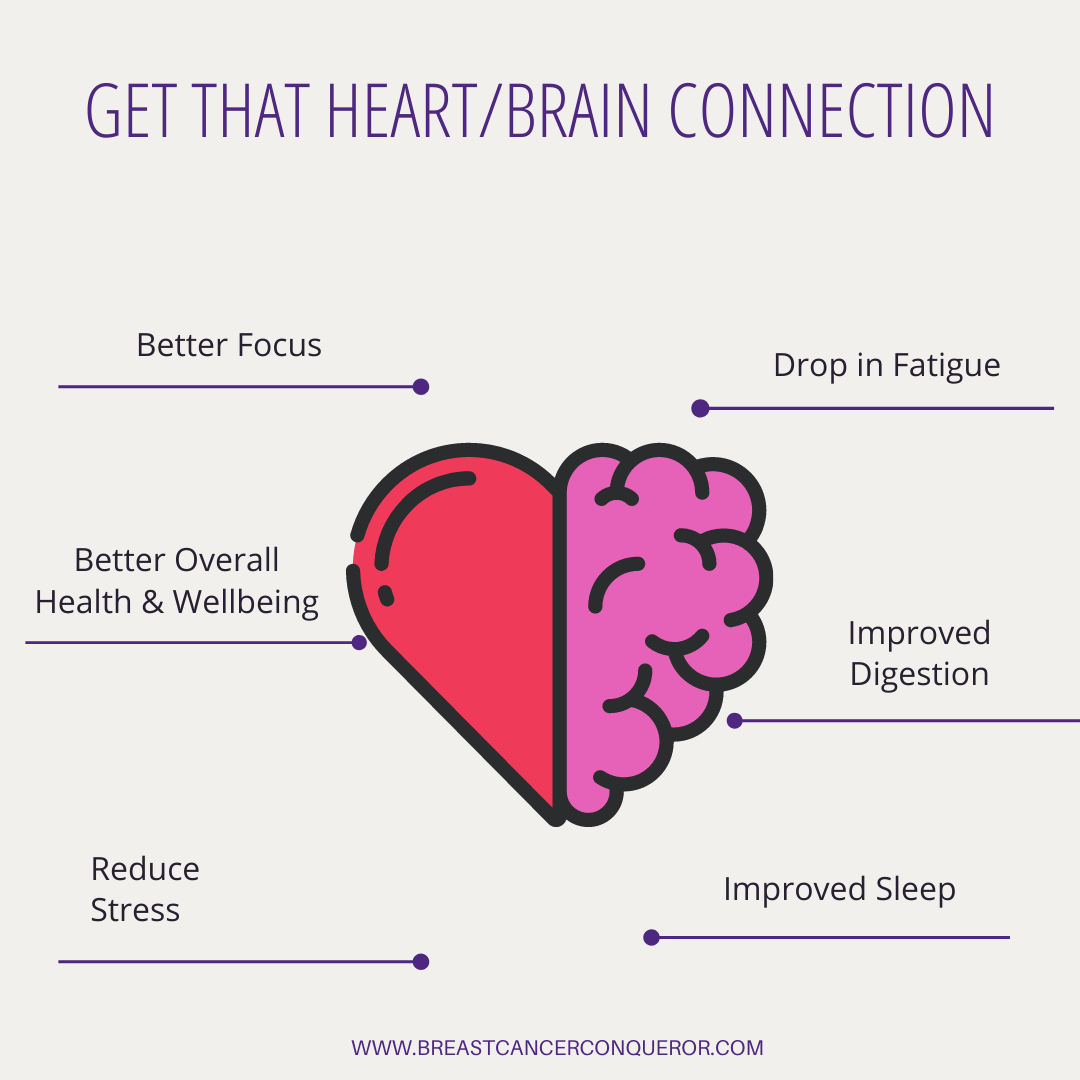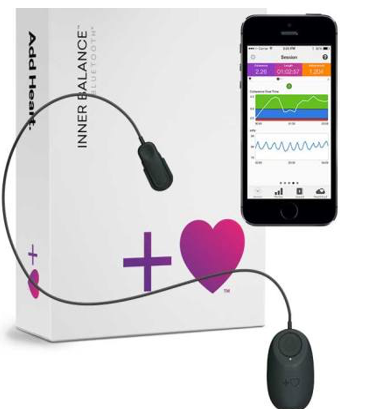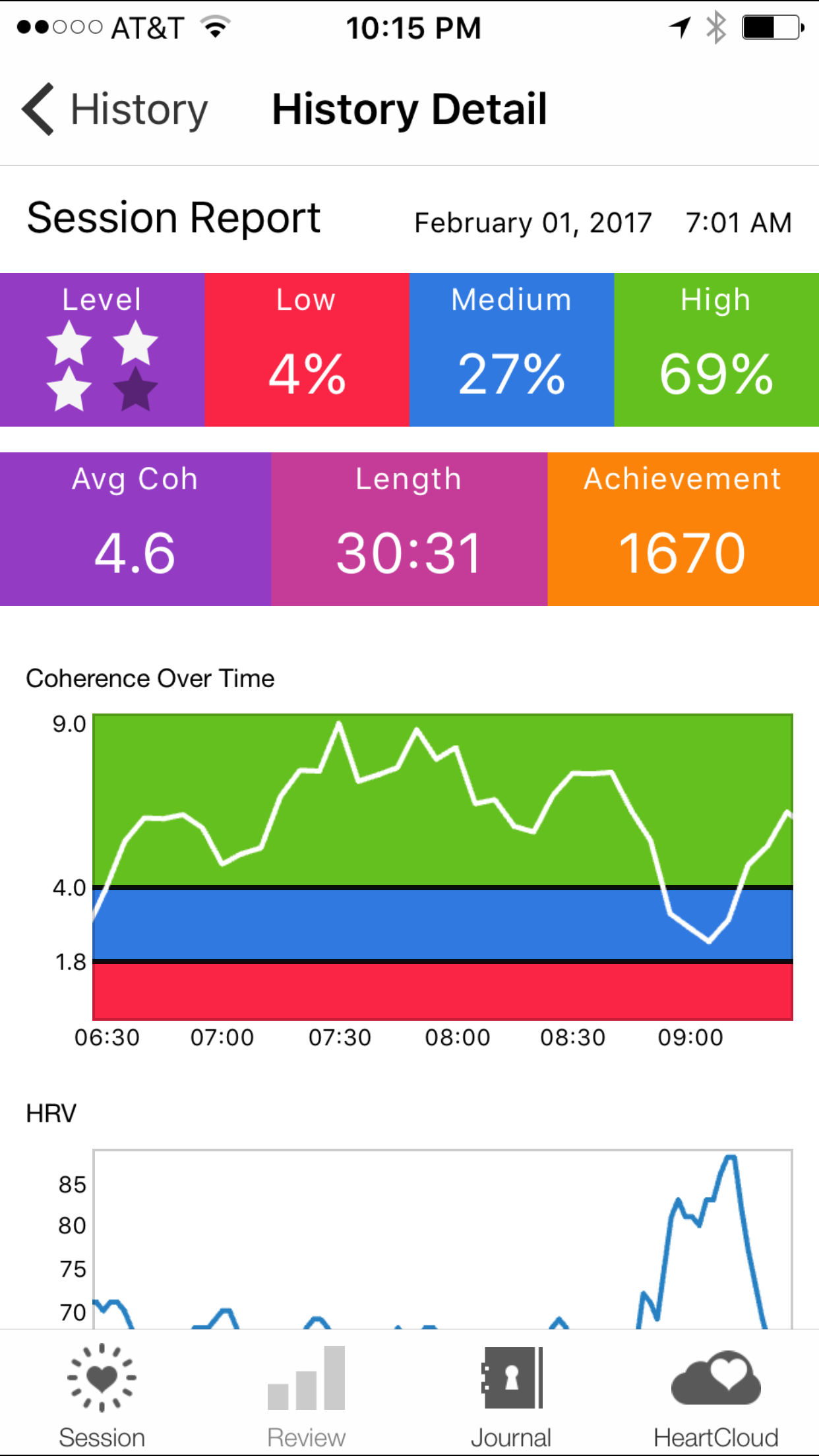
Each year heart disease takes the lives of roughly 15 million people in the U.S. alone. High inflammatory levels and chronic stress are the two most glaring links between heart disease and cancer. Learning how the heart works and leaning about heart coherence can help your entire cardiovascular system. Additionally, it can help calm your nervous system. This knowledge is powerful because it can help you heal your heart and lower your risk of cancer!
What is Heart Coherence?
Coherence indicates a state when everything is clearly in focus, when things are in order and “in sync.” With coherence there is balanced movement and rhythm between varying parts.
Likewise, heart coherence means that all parts of the physical heart are working together in focused action. It also means that the heart is working with the brain in a synchronized manner as well.
 Believe it or not, there actually is a field of study called “neuro-cardiology.” I have talked about this in other blogs and I personally think that this line of study is pretty exciting. Neuro-cardiologists and other researchers, like those at the HeartMath Institute, are studying the ways in which the heart and the brain communicate with each other and also how they influence the rest of the body, mind, and emotions.
Believe it or not, there actually is a field of study called “neuro-cardiology.” I have talked about this in other blogs and I personally think that this line of study is pretty exciting. Neuro-cardiologists and other researchers, like those at the HeartMath Institute, are studying the ways in which the heart and the brain communicate with each other and also how they influence the rest of the body, mind, and emotions.
The heart and the brain communicate through hormones, through electrical fields, and also through electrical impulses that travel along the pathways of the nervous system. The vagus nerve, in particular, plays a special part in heart-brain communication as well, as I will explain next.
One of the most fascinating discoveries that neuro-cardiologists have made is that there are actually more electrical currents running from the heart to the brain than vice versa! This has lead scientists to make the determination that the heart, like the gut, actually has its own unique neurology. You can think of this as the heart having a “mini-brain” all its own!
When heart coherence is happening it is known as heart-brain coherence. All the chemical impulses, communications, hormonal production centers, and hormonal distribution processes throughout the body are all synchronized. That means your organs are functioning at optimal capacity and so are YOU throughout the day!
When heart coherence is out of balance, it is called incoherence. Negative emotional states are one of the major causes of incoherence. Granted, we are all going to feel angry, sad, annoyed, agitated, or worried at one time or another as “things happen” in our daily lives. Staying in these states for long periods of time, however, creates electrical impulses that are off-balance and disharmonious, both within the heart and between the heart and the brain.
Have you ever heard someone play an instrument that is out of tune? How about someone singing off-key? What if you heard a whole symphony and a whole choir of singers doing that at the same time? That irritated feeling is how your body reacts when your heart in not in coherence.
This lack of harmony or heart incoherence, is exactly why negative emotional states are linked to most major diseases, including heart disease and infections. Negative emotions are directly linked to many kinds of cancer, including breast cancer.
I have used this quote in other articles and I will repeat it here again because it is so important to remember..
According to Rollin McCraty, Ph.D., Director of Research for Heart Math: “We are coming to understand health not as the absence of disease, but rather as the process by which individuals maintain their sense of coherence (i.e. sense that life is comprehensible, manageable, and meaningful)…”.
The Vagus Nerve, Heart Coherence, and HRV

Another focus that many neuro-cardiologists have is on the Vagus nerve. The Vagus nerve is one of the longest nerves in your body. It starts at the brainstem and travels all the way down to the spine. Along the way, it interacts with the lungs, the heart, the GI tract, and all the reproductive organs. This one single nerve is responsible for cellular communication between them all. Because of this, it plays a vital role in respiration, hormonal health, proper digestion, reproductive cycles, and so much more!
But most importantly, the Vagus nerve is part of the Parasympathetic Nerve System, which is responsible for the relaxation response.
The Vagus nerve activity is connected to heart hearth and heart coherence. The main way that scientists and people like you and I can measure activity is by measuring Heart Rate Variability, or HRV.
Technically, HRV is the measurement of time between heartbeats. More specifically, it is the “change in time intervals between adjacent heartbeats.” There was a time when heart researchers thought that a “steady heartbeat” was the sign of a “healthy heartbeat.” Now we know that most of the time, the exact opposite is true!
The Vagus nerve is what ultimately controls HRV. When HRV is high, this indicates that your Vagus nerve is active and responsive (a really good thing). When HRV is low, your body is in a fight or flight mode. .
In a ground-breaking European study titled “Introducing a Neur-oimmunological Paradigm to Public Health” published in the Journal of Clinical Medicine in 2018, scientists found a clear connection between HRV levels, Vagus nerve health, and rates of both cardiovascular disease and cancer.
A Healthy HRV Means a Healthy Vagus Nerve and a Calmer You!
The great news is that there is a simple way that YOU can check your HRV rate and use this technology to help you lower stress and improve your health!

Through a simple phone app created by HeartMath called Inner Balance, you can measure your own HRV at different times of the day and after specific experiences (such as during a meditation or a stressful event). The app also has some amazing built-in tools to help you develop the skills to lower stress.
Remember that unplugging from chronic stress and healing trauma (PTSD) helps to elicit the “relaxation response.” This not only improves HRV, but it is also the key to producing the healing hormones that can not only lower your risk for cancer but also help you live a vibrant life overall!
I need it